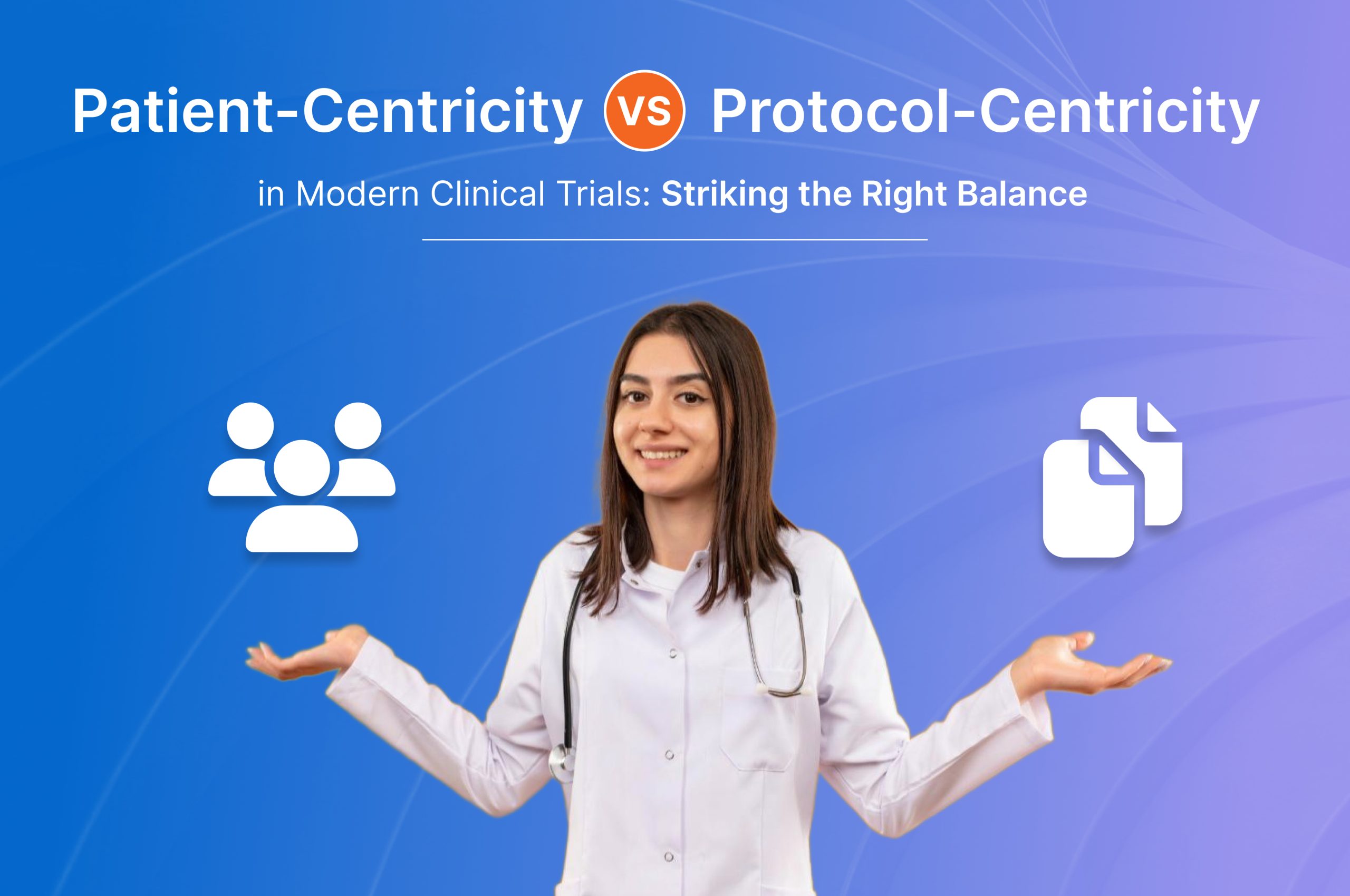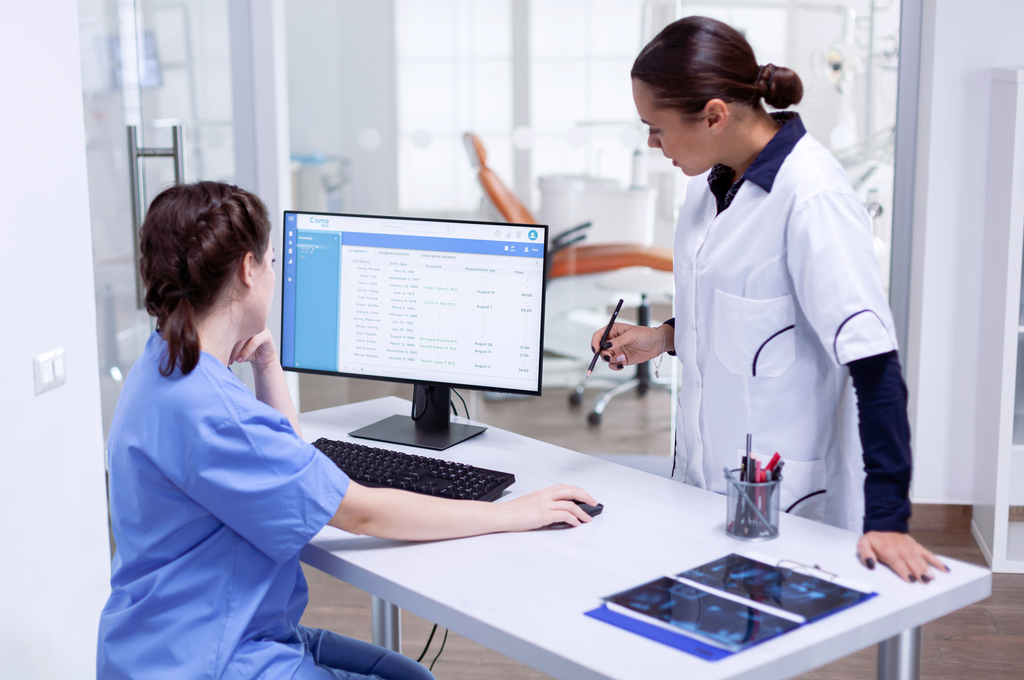Clinical trials are essential for evaluating the safety and efficacy of new medical products and interventions. However, traditional randomized controlled trials (RCTs) have some limitations, such as high cost, long duration, low generalizability, and ethical challenges. Moreover, for some rare diseases or subtypes of diseases, it may not be feasible or ethical to conduct RCTs due to the scarcity of patients or the lack of effective treatments.
In the world of medicine and healthcare, clinical trials have long been the gold standard for evaluating the safety and efficacy of new treatments and interventions. These trials, conducted in carefully controlled settings with strict inclusion and exclusion criteria, provide valuable insights into the potential benefits and risks associated with a particular drug or therapy.
However, as our understanding of diseases and patient populations continues to evolve, there is a growing recognition of the importance of real-world data (RWD) and real-world evidence (RWE) in complementing traditional clinical trials.
What is RWD and RWE
RWD or Real-world data refers to data collected in routine clinical practice, outside the controlled environment of a clinical trial. It encompasses a wide range of information, including electronic health records, claims data, patient registries, and even patient-generated data from wearable devices.
RWE stands for Real-World Evidence in clinical trials. Real-World Evidence refers to the data and information collected from real-world settings, such as routine clinical practice, electronic health records (EHRs), claims databases, and patient registries. Unlike data obtained from controlled clinical trials, RWE provides insights into how treatments and interventions work in diverse patient populations and real-world conditions.
RWE is increasingly recognized as a valuable complement to traditional clinical trial data, as it offers a broader perspective on treatment outcomes, safety, and effectiveness. It allows researchers and healthcare professionals to assess the real-world impact of interventions, including medications, medical devices, and therapeutic strategies.
RWE can provide insights into various aspects of healthcare, including:
- Treatment Effectiveness
- Safety Monitoring
- Comparative Effectiveness Research
- Health Economics and Outcomes Research
- Patient-Centered Care
Overall, RWE complements traditional clinical trial data by providing a broader understanding of treatment outcomes in real-world conditions. It has the potential to inform clinical practice, healthcare policies, and regulatory decisions, ultimately improving patient care and health outcomes.
Why are RWD and RWE gaining importance in modern clinical trials?
Real-World Evidence has become a valuable asset in modern clinical trials, revolutionizing the way we generate evidence for medical interventions. By broadening patient representation, integrating real-world data, enabling post-market surveillance, and supporting comparative effectiveness research, RWE enhances decision-making, patient-centered care, and personalized medicine.
At the 14th Annual Clinical Trial Summit , Octalsoft’s M.D. Mr. Hiren Thakkar stated- “EDC platforms are commonly used in early to late-phase clinical trials to collect and manage subject data. Such trials are conducted in controlled environments with specific inclusion/exclusion criteria and limited follow-up period.
RWE study, on the other hand, involves analyzing a large set of real-world data sources such as EHRs, claims databases, registries, patient-reported outcomes, wearable devices, etc. The traditional EDC platforms may not be the ideal choice for an RWE study. Instead, platforms that offer functionalities specifically designed for managing and analyzing large set of data from varied sources would be the right platform for an RWE study.”
Broaching RWE implementation, he went on to state- “When selecting an RWE platform, one should consider factors such as Analytical capabilities, Scalability, Security and Regulatory Compliance
There have been several revolutionary breakthroughs in technology that have impacted real-world evidence (RWE) studies:
- Electronic Health Records (EHR): The widespread adoption of EHR systems has significantly enhanced the availability and accessibility of patient data for RWE studies.
- Big Data Analytics: The advancements in Big Data Analytics have facilitated the analysis of large and complex datasets in RWE Studies. These techniques enable researchers to extract meaningful insights from vast amounts of heterogeneous data sources, including EHRs, claims databases, and social media.
- Wearable Technologies: The proliferation of wearable devices has opened up new avenues for collecting real-time patient-generated data in RWE studies. These technologies enable remote monitoring of patient health indicators, lifestyle behaviors, and treatment adherence, providing researchers with rich and continuous data streams.
- Blockchain Technology: Blockchain provides a decentralized and tamper-proof framework for securely storing and sharing health data while maintaining patient privacy and control over their information. It can enhance data integrity, facilitate consent management, and enable secure collaboration among stakeholders.
It's important to note that while these technologies have brought significant advancements to RWE studies, challenges remain in terms of data quality, standardization, and regulatory considerations. However, ongoing research and innovation continue to shape the field, leading to further breakthroughs and opportunities in leveraging real-world evidence for drug approval.”
The Role of Real World Data
Unlike traditional clinical trials that operate under controlled conditions, RWD offers a wealth of information about patients' real-world experiences, including their demographics, treatment patterns, comorbidities, and outcomes.
Enhancing Patient-Centricity
RWD places the patient at the center of clinical research, capturing their experiences and outcomes in real-world settings. By incorporating RWD into clinical trials, researchers gain insights into how treatments perform in diverse populations, including those who may not meet the strict eligibility criteria of traditional trials.
This patient-centric approach helps ensure that research findings are more representative of the broader patient population, leading to improved treatment strategies and enhanced personalized medicine.
Broader Inclusion and Diversity
One of the significant limitations of traditional clinical trials is the lack of diversity among participants. RWD addresses this issue by allowing researchers to analyze data from a wide range of demographics, including underrepresented groups.
This enables a more comprehensive understanding of how treatments work across different ethnicities, genders, and age groups, ultimately leading to more equitable healthcare outcomes.
Post-Market Surveillance and Safety Monitoring
RWD plays a crucial role in post-market surveillance and long-term safety monitoring of approved treatments.
By continuously collecting data from real-world sources, researchers can identify and evaluate potential adverse events, drug interactions, and other safety concerns that may not have been evident during the limited duration of clinical trials. This proactive monitoring enhances patient safety and allows for timely interventions if necessary.
Accelerating Clinical Research
The integration of RWD in clinical trials can significantly expedite the research process.
By leveraging existing data sources, researchers can optimize study design, identify eligible patient populations, and recruit participants more efficiently. RWD also enables the use of innovative trial designs, such as pragmatic trials, which leverage real-world settings to assess treatment effectiveness, further streamlining the research process.
Real-World Data has emerged as a valuable tool in clinical research, revolutionizing the way we evaluate treatments and make informed decisions. By capturing real-world patient experiences, RWD promotes patient-centricity, diversity, and more comprehensive insights into treatment outcomes.
Leveraging RWD in clinical trials accelerates the research process, enhances post-market surveillance, and ultimately contributes to improved healthcare outcomes. As the importance of real-world evidence continues to grow, it is crucial for researchers, regulators, and healthcare providers to embrace RWD and unlock its full potential in advancing medical knowledge and patient care.
The Role of Real World Evidence
Traditional clinical trials have limitations, including controlled environments and strict eligibility criteria that may not fully reflect real-world patient experiences. To address this gap, the integration of Real-World Evidence (RWE) has emerged as a powerful tool in modern clinical trials. Read on as we explore the role of RWE in transforming the landscape of clinical research and its potential to enhance decision-making and patient outcomes.
Broadening Patient Representation
One of the primary advantages of incorporating RWE in modern clinical trials is the ability to capture a more diverse patient population. Traditional trials often have stringent eligibility criteria, which may exclude individuals with comorbidities or those who do not fit specific demographic profiles.
By leveraging RWE, researchers can include data from real-world settings, providing insights into the effectiveness and safety of treatments across a broader patient population. This inclusivity helps ensure that research findings are more representative of the diverse patient groups who will ultimately benefit from the treatments.
Real-World Data Integration
RWE allows researchers to tap into various sources of real-world data, such as electronic health records (EHRs), claims databases, wearable devices, and patient registries. Integrating these rich data sources into clinical trials enables a comprehensive understanding of treatment outcomes, patterns of care, and long-term effects.
By analyzing real-world data, researchers can gain insights into factors such as treatment adherence, real-world dosing, and treatment response variability, enhancing the precision and generalizability of trial results.
Post-Market Surveillance and Safety Monitoring
RWE plays a vital role in post-market surveillance, enabling continuous monitoring of treatment safety and effectiveness beyond the controlled trial environment.
By leveraging real-world data sources, researchers can identify and evaluate potential adverse events, drug interactions, and rare safety concerns that may not have been evident during the limited duration of clinical trials. This proactive monitoring allows for early detection and intervention, leading to improved patient safety.
Enhanced Comparative Effectiveness Research
RWE empowers comparative effectiveness research, allowing for direct comparisons between different treatments in real-world settings. By analyzing data from routine clinical practice, researchers can assess the relative benefits and risks of various interventions.
Comparative effectiveness studies leveraging RWE provide valuable insights into treatment outcomes, cost-effectiveness, and patient preferences, aiding healthcare providers and patients in making informed decisions about the most appropriate treatment options.
Personalized Medicine and Precision Oncology
The integration of RWE in modern clinical trials paves the way for personalized medicine and precision oncology. By analyzing real-world patient data, including genetic profiles, treatment responses, and outcomes, researchers can identify specific subpopulations that may benefit most from targeted therapies.
RWE-driven insights can guide the development of biomarkers, inform treatment selection, and optimize treatment strategies, ultimately leading to improved patient outcomes.
As technology and data sources continue to advance, the role of RWE in clinical trials will only grow, further shaping the future of evidence generation and transforming healthcare for the better.
In Summation
In conclusion, real-world data and real-world evidence are increasingly recognized as valuable complements to modern clinical trials. By incorporating real-world data, researchers can broaden the evidence base, capture long-term outcomes, conduct comparative effectiveness research, and enhance post-marketing surveillance.
Interested in finding out how Octalsoft incorporates RWD and RWE in our suite of eClinical solutions to improve patient care, inform clinical decision-making, and shape healthcare policies to better reflect the real-world needs and outcomes of patients? Book a Demo with us Now!



